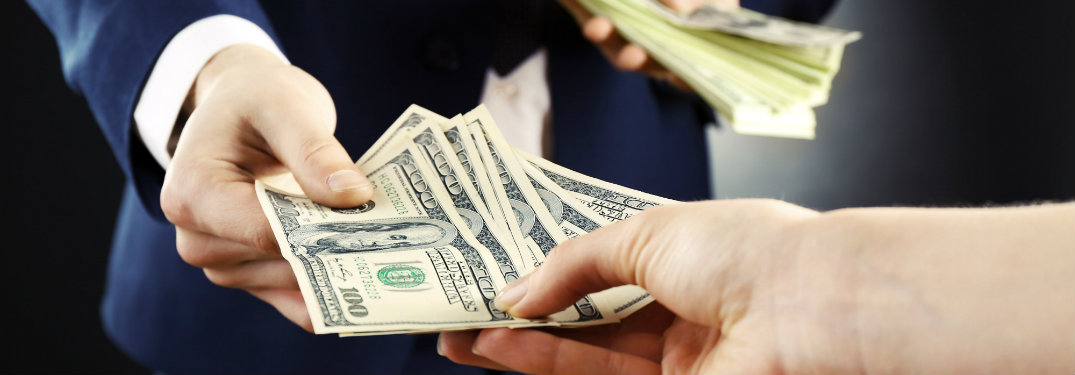Trade-In Value Facts
Wondering which factors matter the most when it comes to trading in a used car in NH? We'll give you the inside scoop at what car dealers look at when they value your car.
Primarily Mileage and Condition
In brief, the main factors affecting a used vehicle's price are mileage and condition, with options, location and color also playing a role.
Condition is more subjective than mileage — someone selling a reliable, accident-free car with paint scratches and surface rust might describe it as “excellent,” whereas most buyers might call it good to average — but it's as important as mileage in assessing value.
The location of a vehicle can also plays a part, depending on the vehicle in question. Mid-priced family sedans are popular everywhere, but more specialized vehicles do better in the certain areas. Convertibles and sports cars command higher prices along the coasts and in warmer climates.
Some Options Worth More Than Others
Options can be truly hit or miss but a few that tend to hold better than others are diesel engines, all-wheel drive, and panoramic moon roofs.
Then there are features that only affect a vehicle's price in their absence, such as air conditioning, and power windows and door locks. These had been noteworthy options in decades past but have become ubiquitous.
Automatic transmissions (or those that function similarly, such as dual-clutch or continuously variable transmissions) also fall in this category, with one caveat. Used sports cars, such as Nissan’s 370Z, are apt to be worth more with a manual transmission because buyers of such cars are willing to give up convenience for added driver involvement.
Personalizing Cars Can Hurt Value
Aftermarket options — such as oversized wheels, stereo speakers, or rear spoilers, rarely add value, and can actually lower it. With aftermarket modifications, “buyers don't know how well the work was done,” Reed said. Also, the original owner's version of automotive awesomeness might differ from the mainstream (i.e.: lose the zebra-print seat covers, fake hood scoop and coal-black window tint if you're looking to sell quickly). (
One final consideration: exterior color. It doesn't have a huge impact on pricing, but more common colors — blue, metallic grays and silver — sell faster than more adventurous colors like brown, orange or purple.
The Bottom Line
Many factors figure into the value of a used car, but mileage and condition are the most important. After that, options, location and color are weighed in. Those rules aren't absolute, though; what holds true for manual-shift sports car may not hold true for the family truckster.



